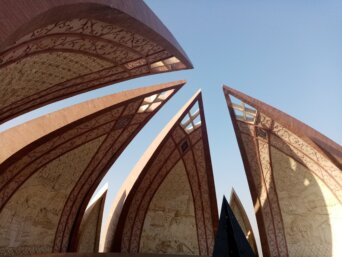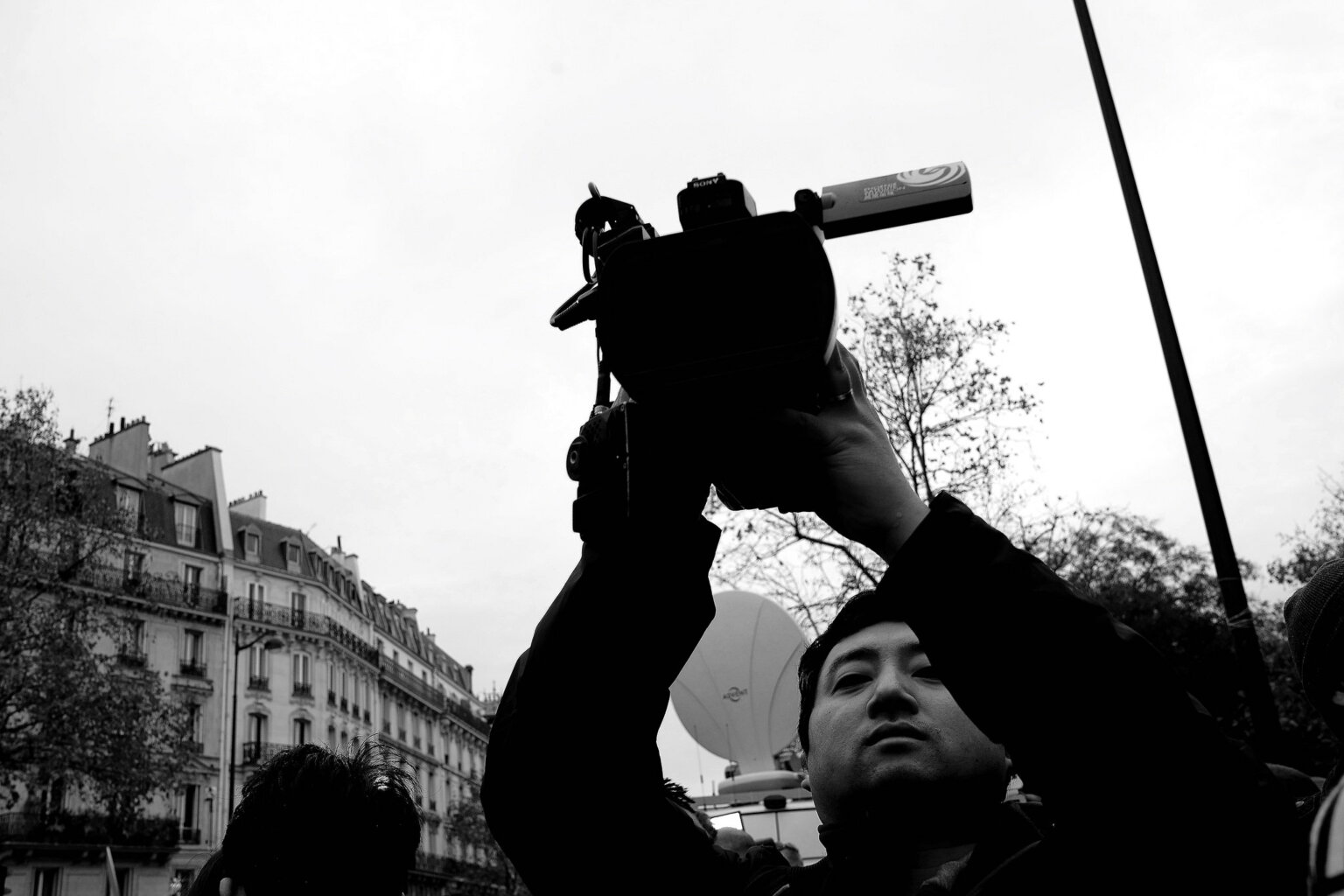- About
- Topics
- Picks
- Audio
- Story
- In-Depth
- Opinion
- News
- Donate
- Signup for our newsletterOur Editors' Best Picks.Send
Read, Debate: Engage.
| topic: | Transparency and Corruption |
|---|---|
| located: | Pakistan |
| editor: | Shadi Khan Saif |
The militarisation of politics and politicisation of governance in Pakistan have produced such a toxic cocktail that millions of its people have been suffering in silence for decades.
Last week, seeing an eminent defeat on the floor of the parliament - albeit through shady maneuvering by the opponent political elite - the county's prime minister, Imran Khan, moved to dismiss the entire parliament of nearly 400 members representing over 200 million people across the country.
It was, however, promising to see the top judiciary officials intervene, prevent their dismissal and make Khan face the vote of no confidence in the parliament as per the official rules of democracy in the country and the Constitution.
All the politics and legalities of this whole episode aside, the fact of the matter is these power games at the top level of governance by the country's elite, who are so distanced from the people they represent, ultimately affect the lives of so many on the margins of society, whose voices are never heard.
Pakistan has been ruled with an iron fist by the army for a much greater period of time than the publicly-elected civilian rulers, and these days the circumstances seem so volatile that nothing is predictable anymore.
The country's economy is so fragile - mainly due to corruption by the elite leading to heavy borrowing from international lenders - that any sort of authoritarian rule at this age would result in devastating effects on the already marginalised and vulnerable members of society. Crippling poverty is prevalent all over Pakistan and the wealth disparity is growing.
Coming to power with the popular slogan of ‘justice for all’, the country's premier Khan still enjoys formidable public support. And he needs to rely on it to remain in power instead of throwing the country into the depths of uncertainty that could well lead to another military rule with a suspension of civil rights and liberties.
The allegations on Khan’s side of the US’ intervention in Pakistan’s political affairs, although very concerning, do not grant him the right to defy the integral principle of public participation in the parliamentary democracy by dissolving the publicly-elected parliament before the end of its tenure.
The love affair between the US and Pakistan's powerful military establishment is nothing new and every politician in Pakistan, including Khan, knows it very well.
During his term, there have been ever-growing curbs of independent media and free speech and the economic policies dictated by international lenders have made lives simply impossible for a massive part of poor and middle-class Pakistanis.
In his opposing camp, however, there hardly seems to be a true representation of the people since its political crowd is dominated by parties functioning as family firms or elite clubs.
Nevertheless, despite the apex court's justified intervention and overruling of the government's move to dissolve the parliament, Pakistan has a long long way to go towards realising the dream of a true democracy where every citizen is heard and politics over issues of governance are not militarised or held hostage by the political elite.
Image by Sajid Khan

